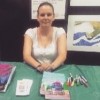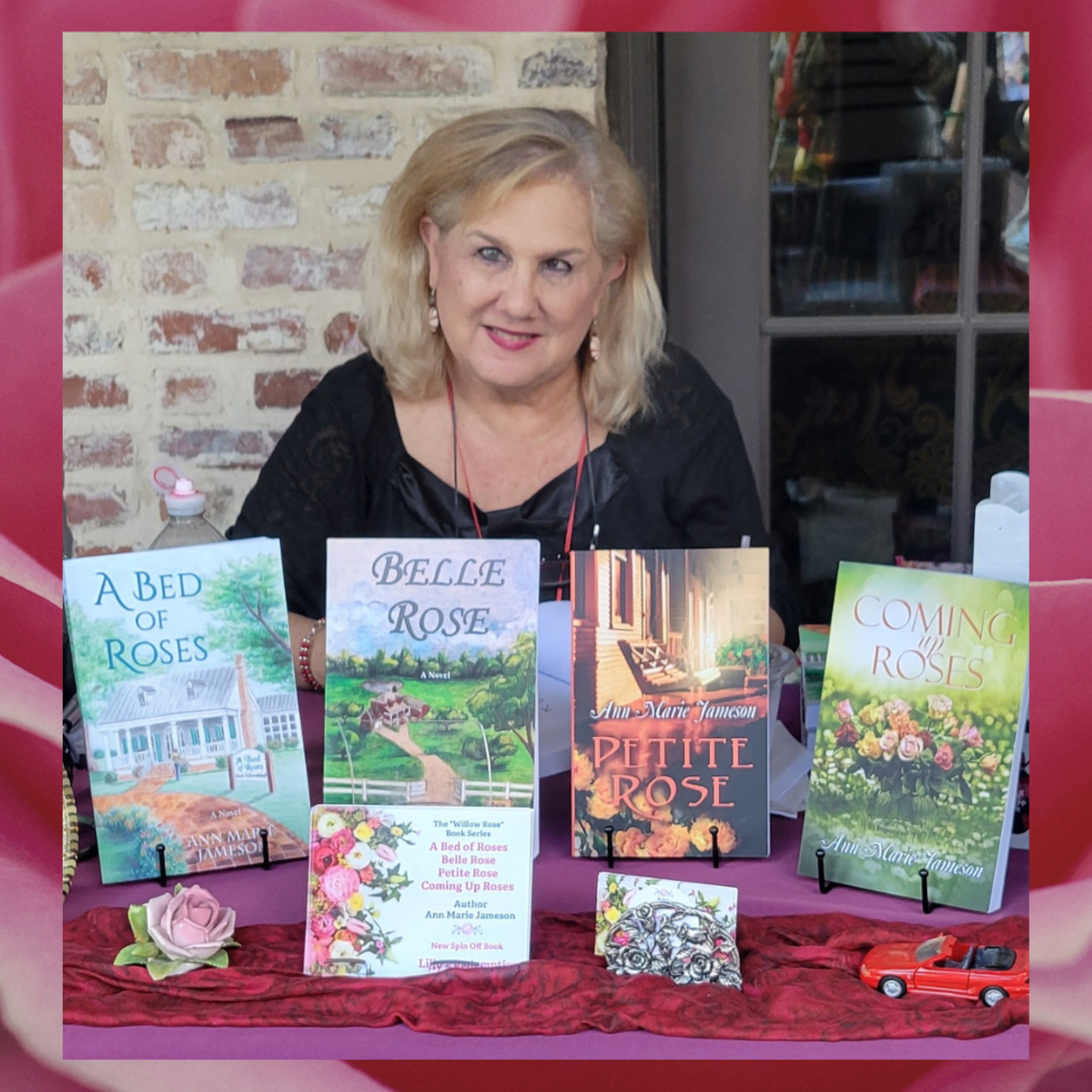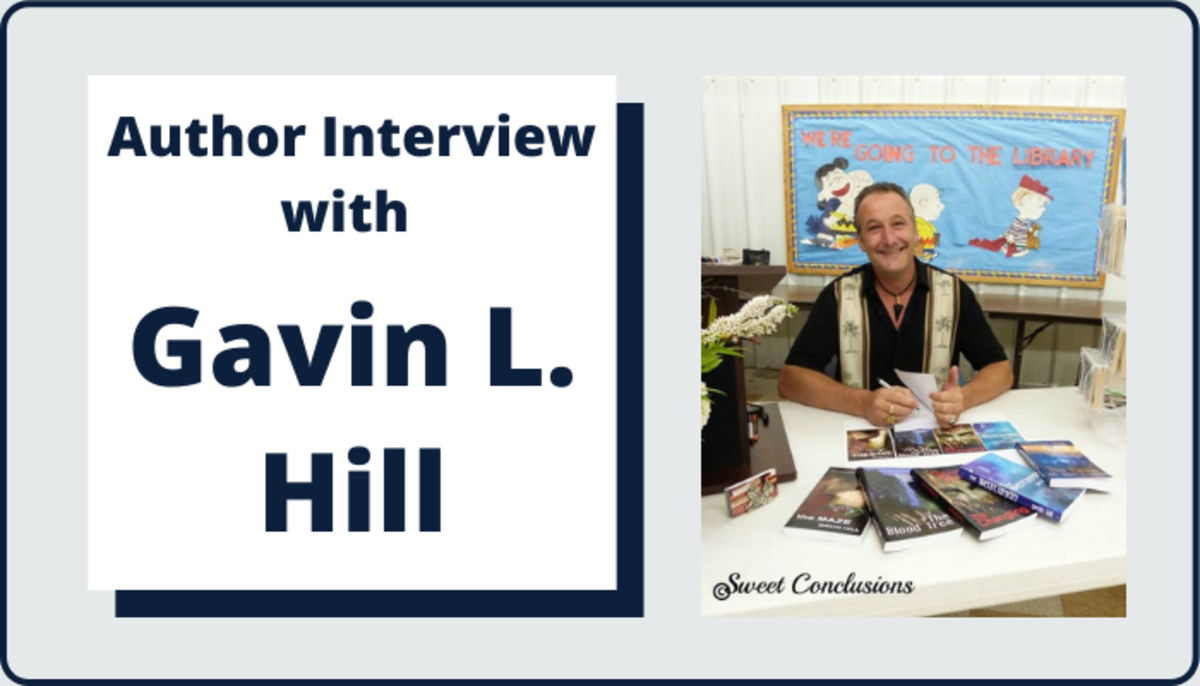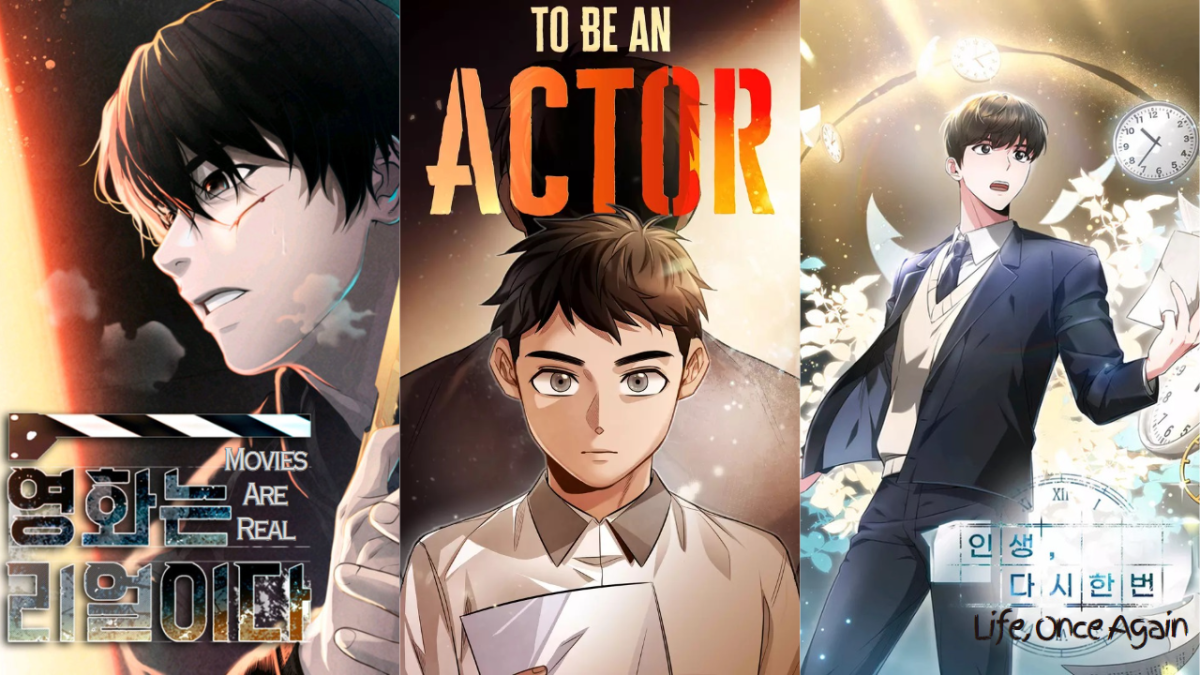Author Interview with Robert Arrington
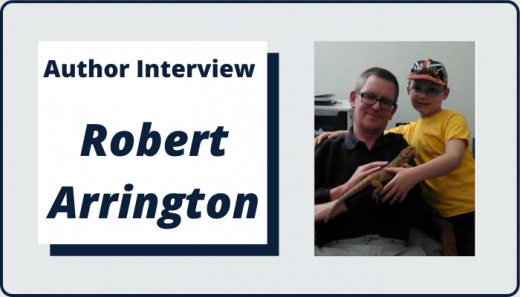
Author Robert Arrington
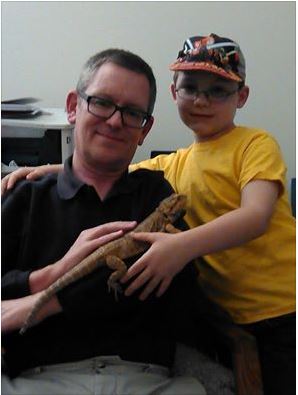
Introducing Robert Arrington
Writing for children can be tricky when you're an adult. It takes a lot to get into that childhood frame of mind and remember the details, feelings, and experiences that you had at that age. You want to structure your story in a professional way that reflects your training as an adult writer, but you also want to capture the voice and spirit of that age group so that the story resonates with your target audience.
In interviewing Robert Arrington, though, I was intrigued by his personalized approach to writing for children. Arrington focuses more on writing for children from an adult's perspective as a kind of grown kid who empathizes with the reader but also has lived through childhood and made it to the other side, having survived the trials and tribulations of that era. It's not that he tries to think like a kid again but offers guidance, much like a big brother.
Inspired by Lewis Carroll, Arrington's self-published novel, The Wonderland Effect, re-imagines the story of Alice in Wonderland, blending it with other favorite stories and incorporating themes and conflicts that resonate with underdog, outcast readers. Below is my interview with Arrington about his book. He has also developed his own website dedicated to the book on Amazon.
Robert Arrington book covers
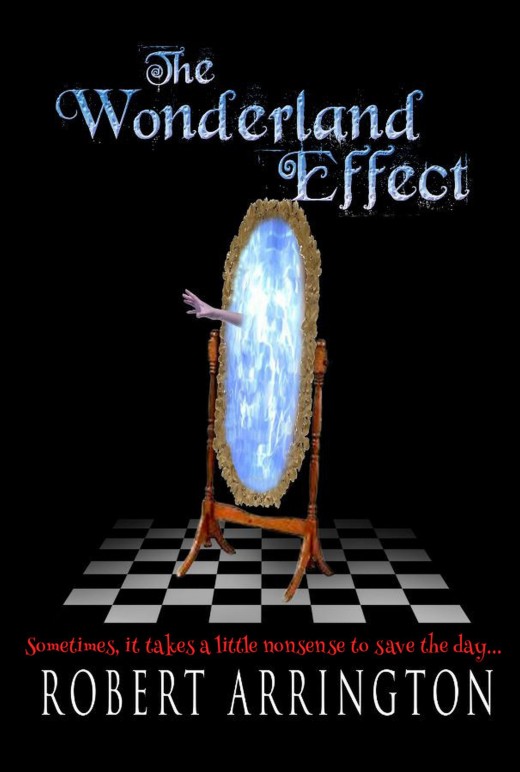
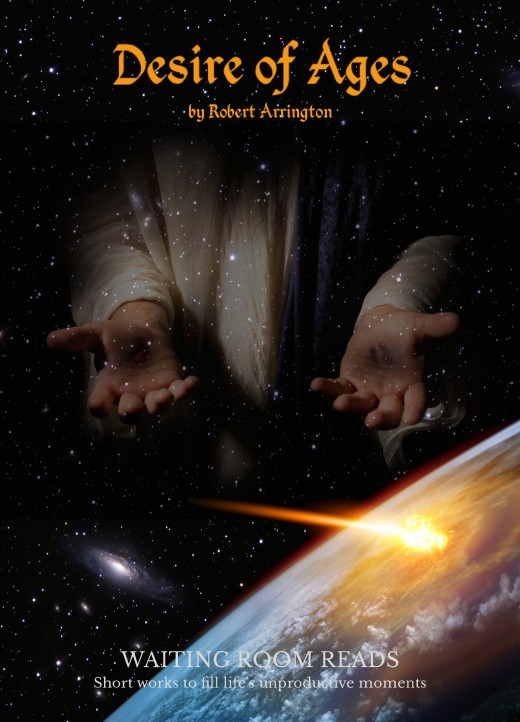
The Interview
1. How many books have you written and where can you buy them?
I have a standalone short story, Desire of Ages, available on Amazon. It’s a religious-themed tale with a slight sci-fi or alternate world twist that I like. It’s enrolled in KDP Select, so subscribers can actually read it for free. The Wonderland Effect is my first novel, and it will also be available via Amazon as both an e-book and a physical volume created through CreateSpace as of July 15, 2015.
Everything I’ve read suggests that it’s very hard for an indie author to gain visibility on other sites (as opposed to merely difficult on Amazon), but I’ll probably still put it out there on iTunes, Smashwords and so on. I haven’t made firm decisions on other channels yet because I don’t want to get so bogged down in the publishing side of things that I don’t get back to writing. So I’ll just see how it goes after Amazon.
2. What famous books can you compare to your own?
That’s a tough one. Despite the title, The Wonderland Effect doesn’t really compare to Lewis Carroll’s work, which I see as a string of sequences only loosely tied together with plot. That’s not to say I don’t consider them great books, but their power lies in the logical nonsense and the sense that there’s more going on in the background than we can appreciate on a first reading. My book really has more in common with the X-Men comics, which told some really great stories over the years. I was also conscious of the Wild cards shared universe books as I was writing. A lot of the action takes place in a boarding school where unusual things happen, so if you’re generous, you could say there’s at least a faint strain of Harry Potter there.
3. Why do you write for this particular age group?
In high school, I was a brainy, non-athletic kid with little self-confidence. I felt isolated and was bullied a bit, though it usually wasn’t too bad. But I had my books to escape into; they made me happy. I still strongly identify with that stage in life where you’re still trying to put it all together in your head. I feel like I can say something to that audience. Plus, I’m not sure I have enough maturity and insight to speak to an older readership.
4. How autobiographical are your books?
My books are not autobiographical. I draw on movies and other books to get a sense of what it’s like to go to a high school dance, for example. I never bothered at the time. It’s probably more accurate to say my stories are closer to what I would have liked my life to be like.
5. What’s the best compliment that you’ve ever received about your writing?
I don’t know if you would call it a compliment, exactly, but early on I had posted several first drafts of chapters for The Wonderland Effect on a writer’s web site where everyone trolled for reactions to their work. I was contacted by a teenage girl who had had some difficult times in her life, and my story touched her enough that she not only commented on the writing, but also asked for some advice. I think I was able to give her a little perspective on how adults around her viewed what was going on, and hope that helped her cope with her situation. But for her, at least, my writing was enough to create a context for a more meaningful exchange, which is pretty cool.
6. What has been your greatest moment as a writer so far?
I’ll just refer you back to the last question on this one. I hope launch day on Amazon will be right up there though. On some level, that’s when I’ll really consider myself a writer, when I’ve got a work of significant length out there, free to roam the world on its own.
7. Where do you get your covers?
For Desire of Ages, I created my own cover. I licensed three photos from istock.com and brought them together using GIMP and some freeware fonts I downloaded to my computer. The whole thing cost me $20 (and I’ve made just over half of that back on royalties – woo-hoo!).
The cover for The Wonderland Effect was a gift. I met Diane Gronas on a LinkedIn writer’s group, and offered her some critical advice on her book, Starseeker: Flower of Tamaroon, that went beyond the typical “I like it”. She even took some of the advice. Then, quite unexpectedly, she sent me three mock-ups of covers she had developed for me. One of them just blew me away. I did a little clean-up work in GIMP and added the tag line. I’m very grateful to her; I wouldn’t have come up with anything half as good on my own, and the cost of hiring someone to do it for me would have been prohibitive at this point in my writing career.
8. What is a subject/character/setting you would like to tackle?
The Wonderland Effect allowed me to develop a cast of characters to build future books on, and while they faced some challenges, most of the issues weren’t really the sort of stuff that people deal with in real life. It will be a real stretch of my writing muscles to incorporate more true-to-life issues into the stories, but I think that’s really necessary to make them more real and let readers relate to them more. I haven’t decided which issues I can deal with honestly and actually have them serve the story rather than just making them sideshow attractions, though.
9. What is next for you?
I’ve got some ideas for the next book in The Wonderland Effect series but not enough to actually call it a story yet. I’ll be getting to work on that pretty soon. I also have an idea for a script for a dark comedy that would be a good vehicle for an independent film-maker that I’d like to do some work on within the next year.
10. End with a favorite quote.
Am I allowed to explain this one? My favorite quote about writing comes from Jim Butcher, author of The Dresden Files series of books. Ready?
“I don’t have a muse; I have a mortgage.”
Even though I’m not earning my living as a writer yet, I find this inspiring. It’s a very business-like approach to writing that demands that the writer trust in the strength of his craft to produce quality content regularly, despite what else may be going on in life. When I was in school, I turned in papers on time, even though I wasn’t particularly interested in what I was writing about. Why shouldn’t I be able to write what I do care about just as surely as I completed those assignments?
